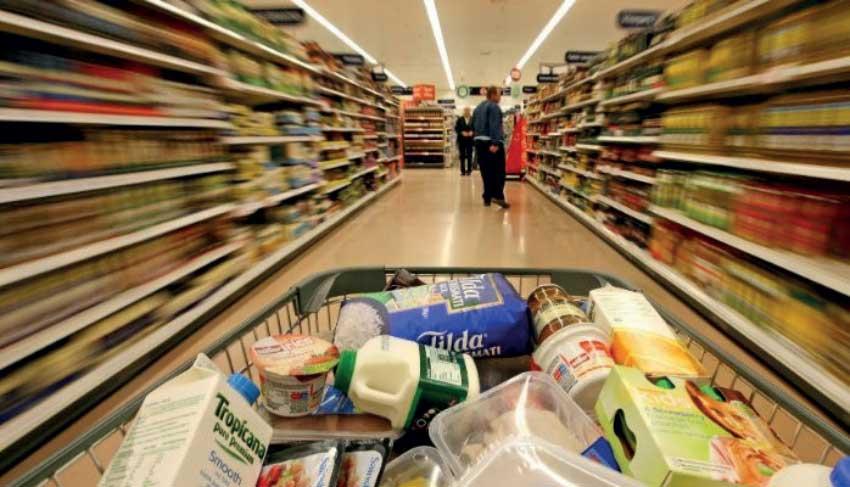19 Feb 2022 - {{hitsCtrl.values.hits}}

The local retail industry said it has seen the worst hit from the implications stemming from the pandemic and finds itself in a more aggravated situation
at present. The industry that constitutes 23 percent of the country’s GDP is hardest hit by the ongoing forex crisis.
“The situation has been exacerbated since mid-2021, due to the increasing pressure on imports, which has been a core requirement for many retail businesses,” the Sri Lanka Retailers’ Association (SLRA) said in a statement this week.
The industry has been under tremendous pressure to deliver during the past one and a half years, mainly owing to the closures and disruptions, due to the pandemic, it added. The current forex crisis and the resultant import restrictions have pushed many of these businesses to the brink of collapse.
Consumer durables, clothing and related industries are a case in point, where there had been product shortages regularly, due to the inability to gather adequate foreign exchange through the banks to fund imports and fulfil the local requirements.
“The situation is moving from bad to worse, with many large entities struggling to keep their branches and facilities open, due to a lack of goods for sale.
If this continues, it is likely to result in the closure of stores, severely impacting the livelihood of many directly and indirectly dependent on these businesses,” said the association. It also warned that the continuity of the present scenario could eventually lead to significant job losses and impact the local economy and result in wider social issues. As an industry that contributes heavily with over 25 percent of GDP and large numbers in employment, the SLRA stressed the need for a preferred status to be accorded to facilitate the forex requirements through the banking sector. While national importance should be given considering the magnitude of the industry, the association said the impact of the forex crisis has seen an escalation of grey market activities.
This escalation and establishment of an unorganised business sector could have not only severely impact the government coffers but create unmanned parallel imports as well, it cautioned.
In an effort to ease pressures, the SLRA calls on the government and authorities to effectively bring about a system to facilitate the sector’s business continuity through a planned set of actions.
One option, it said is the allocation of forex to this sector based on what is available for a given month.
The national retail sales in Sri Lanka are approximately US $ 13 billion. The industry also represents 14 percent of the labour market, with more than 1,100,000 people being employed within this sector in Sri Lanka. Additionally, the overall retail industry contributes significantly to the economic value chain of the country in many ways.
15 Nov 2024 15 Nov 2024
15 Nov 2024 15 Nov 2024
15 Nov 2024 15 Nov 2024
15 Nov 2024 15 Nov 2024
15 Nov 2024 15 Nov 2024